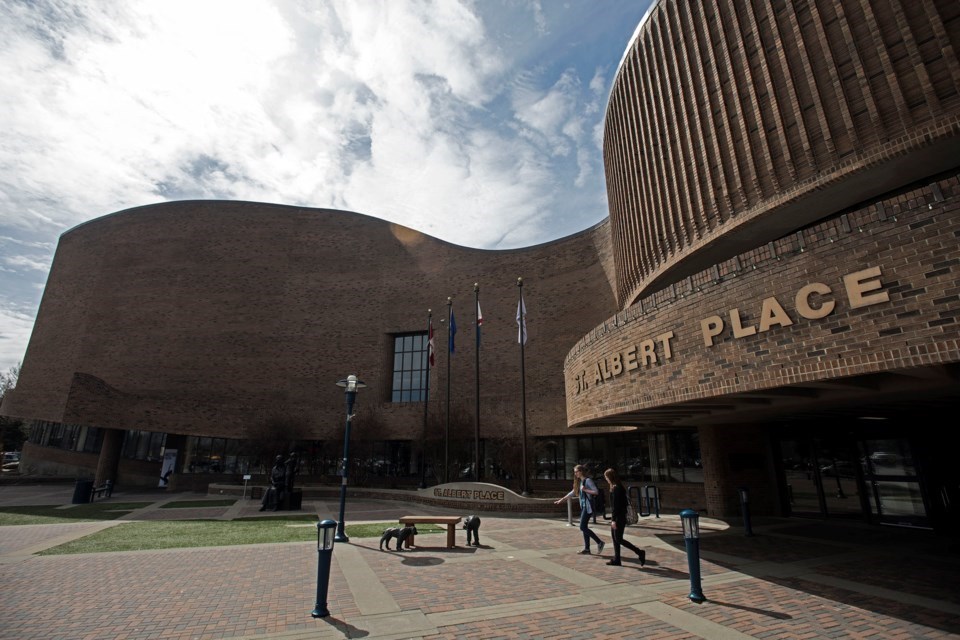St. Albert city council has just a few items on the agenda for their last meeting before 2024 budget deliberations begin on Nov. 27, including an early forecast of the city's 2023 surplus, and a land disposition.
As of the end of September, the city is forecasting a surplus of $2.82 million, according to the most recent corporate quarterly report.
The report explains that the projected surplus is largely being driven by more-than-expected revenue from investments, recreation passes and rentals, and staff vacancies.
Other factors contributing to the surplus range from a $212,000 grant the city received from the Workers' Compensation Board for participating in the Partnerships in Injury Reduction program; $288,000 in savings as a result of lower-than-expected fuel prices; and $160,000 in more-than-expected revenue from transit passes and ticket sales.
The report also shows that there are a host of things preventing the surplus from being more substantial, such as $175,000 in unrealized revenue from ticket sales at the Arden Theatre and other cultural events, and $415,000 in overtime wages for firefighters and police officers “as a result of limited casual staff availability and wildfire deployments.”
The Gazette will have more detailed coverage of the quarterly report, as well as council's discussion on it, in the Thursday, Nov. 23, edition of the newspaper and online.
Land disposition
On Tuesday council will also be asked to approve the city handing over the rights to 16 Richardson Drive in Riel Park to QuadReal Property Group, a developer, for $1.
The Riel Park property is the Henday Booster Station, which was built in 2016 by QuadReal and subsequently given to the city to ensure water flow in the area was up to code for firefighting purposes.
As development in the area continued in the years following 2016, and more water lines were introduced to the area, the booster station became “redundant,” and was subsequently retired as an active booster station in 2020, according to a report to council.
As the booster station is not in-use, and is costing the city about $25,000 per year in utility fees, administration is asking council to sign-off on giving the booster station back to QuadReal, who will be demolishing the structure and incorporating the land into their own plans to make a large commercial building instead.
Before the building is demolished, the report to council says, the city plans to salvage all existing equipment and materials from the booster station, which might have some use for other city facilities or will be auctioned off for upwards of $150,000.
“The target is to maximize landfill diversion without a net cost to the city.”
The Gazette has reached out to QuadReal to learn more about the company's project, but has yet to receive a response.




